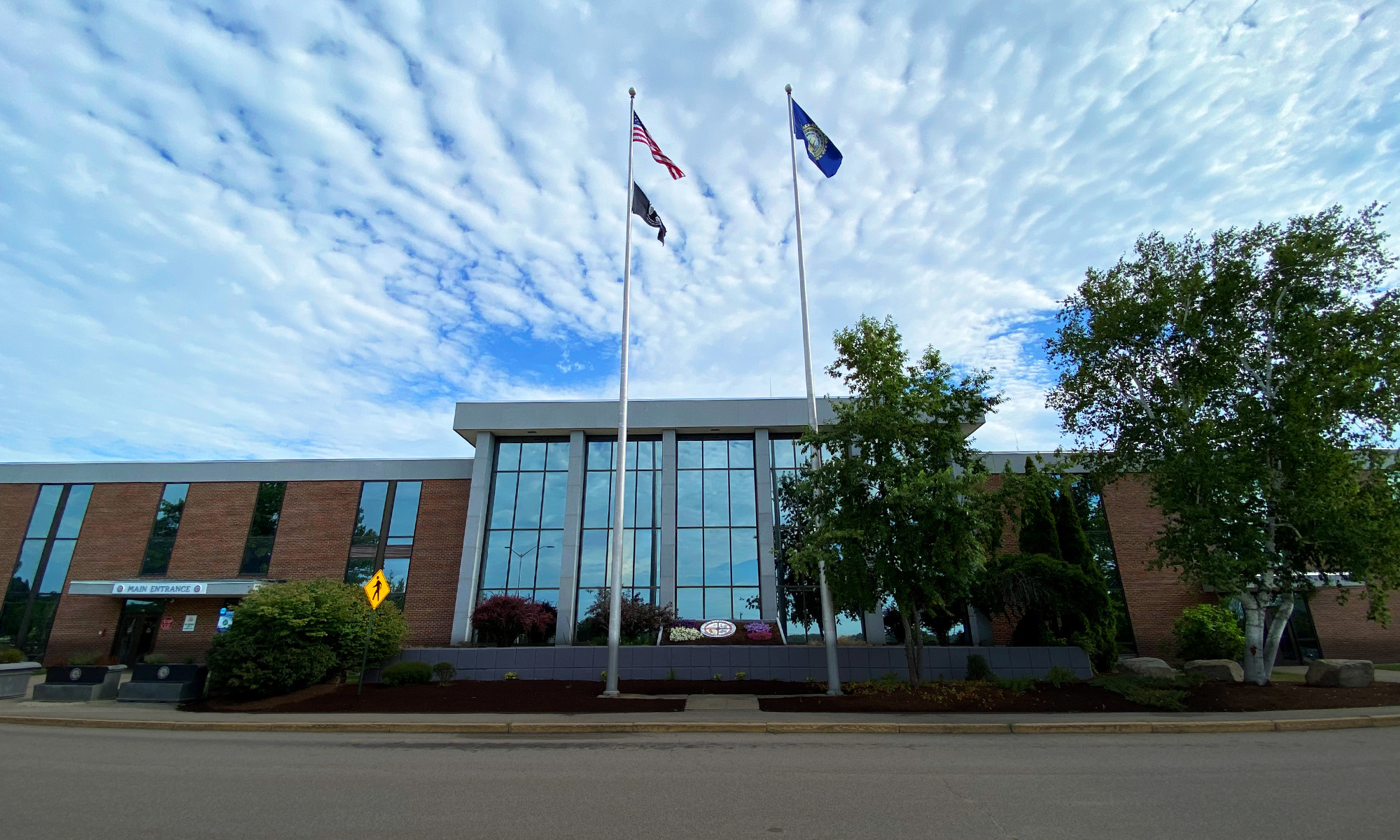- What does a judge do?
The judge is responsible for keeping order in the courtroom, presiding over the selection of jurors, permitting the presentation of evidence through testimony of witnesses or the introduction of exhibits. The judge determines what evidence can be considered by the jurors when making their decision, explains the law that applies to the case to the jurors, so they can deliberate, and sentences the defendant if the defendant is found guilty in a criminal case.
- What does a court clerk do?
The court clerk assists the judge. The Court Clerk has many responsibilities including maintaining the official record of the court, being responsible for the clerical courtroom activities, determining whether cases are ready for hearing or trial, keeping the court calendar, giving legal notices, and many more administrative duties.
- What does a jury do?
A jury consists of 12 people who are selected to hear the evidence in a civil or criminal trial. The evidence is offered by the plaintiff in a civil trial and by the prosecutor in a criminal trial. In most cases, more than 12 jurors are selected for trial to account for any unexpected juror absences (sickness, etc.). At the conclusion of the case, only 12 jurors will deliberate. After the jurors hear the evidence presented during the trial, they must try to decide if the defendant is guilty or not guilty. The judge gives them instructions and guidelines for their deliberations. In criminal cases, all 12 members of the jury must agree on the verdict.
- What does a bailiff do?
A bailiff is responsible for keeping order for the courtroom, assisting with courtroom security, and escorting witnesses into the courtroom and showing them to the witness stand.
- What does the audience do?
Most court proceedings are open to the public. That means anyone who is not involved in the case can attend and listen: friends and relatives of the plaintiff or defendant, members of the press, other lawyers, members of the public, school students, etc.

